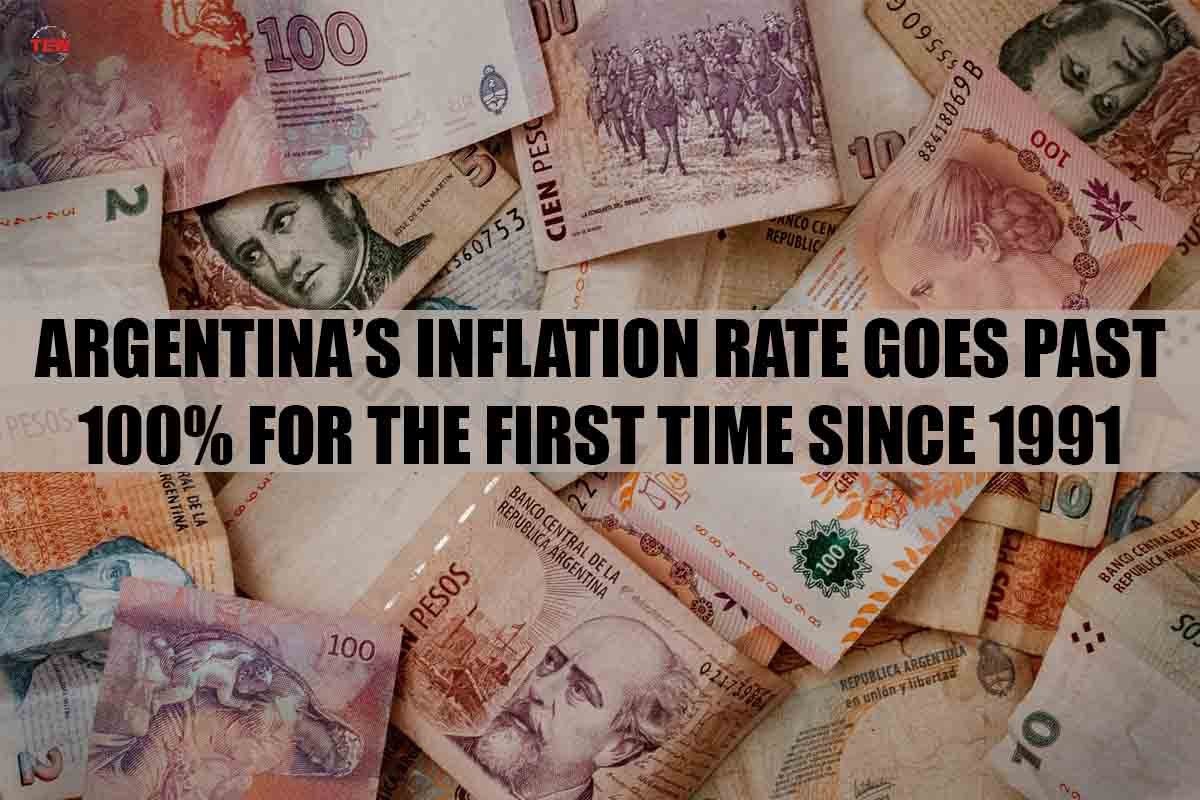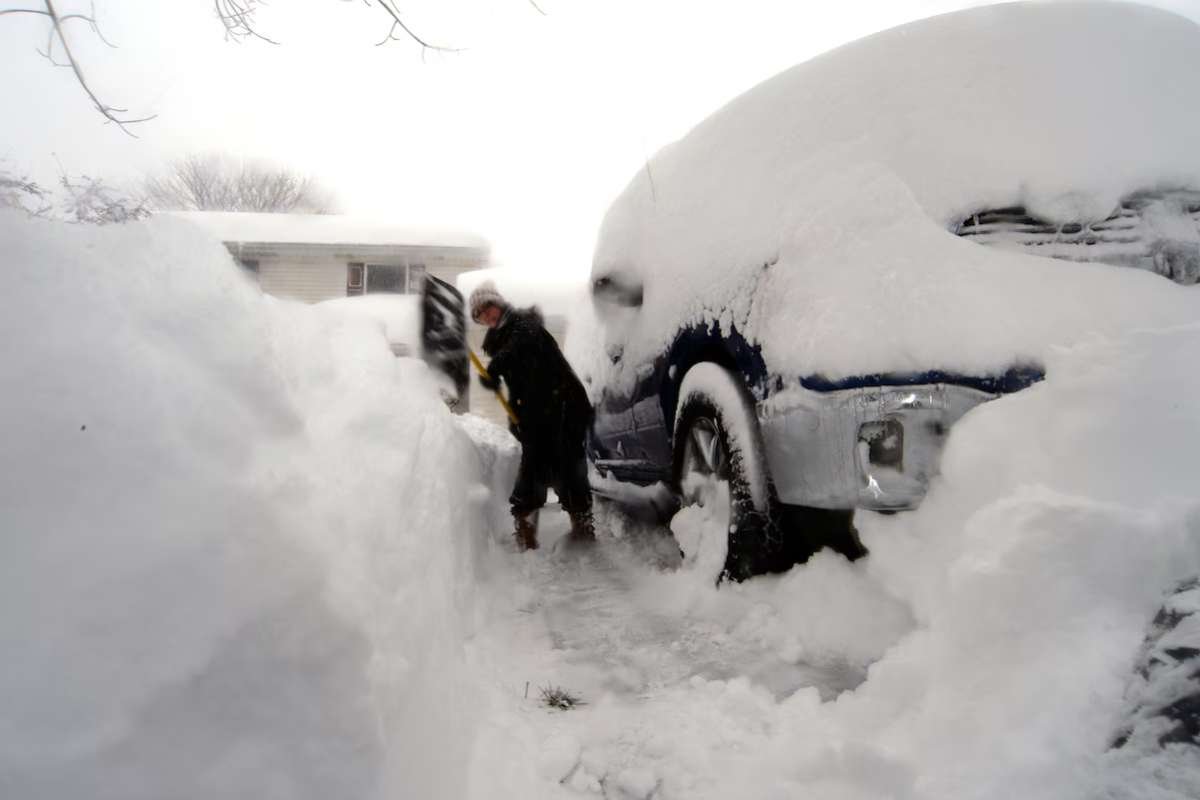Argentina’s economy has hit another crisis point, with inflation soaring past 100% for the first time since the early 1990s. The country’s National Institute of Statistics and Censuses reported that the Argentinas Inflation Rate reached 102.5% in February, indicating that the cost of consumer goods has more than doubled since 2022. This latest surge in inflation is a reflection of the ongoing economic difficulties that have plagued the country for years.
Despite the government’s efforts to cap the prices of food and other essentials, the cost of food and drink rose by 9.8% in February compared to January. One factor that may have contributed to this increase is a spike in meat prices, which rose by almost 20% in just one month. Local news outlets attribute the rise in prices to adverse weather conditions, prolonged heatwaves, and droughts that have negatively impacted livestock and crops.
Attempts to Contain Argentinas Inflation Rate
Argentina has been struggling with high inflation for some time, with a significant portion of its population living in poverty. In September 2022, protesters took to the streets to demand action against rising living costs. The country’s central bank announced the issuance of a new 2,000-peso banknote in February in response to the surge in consumer prices. The government has long attempted to contain inflation, but political divisions have hampered its efforts.
Last summer, three economy ministers took charge of the country’s economic policy within the space of four weeks as the economic crisis deepened. President Alberto Fernández and his deputy, Cristina Fernández de Kirchner, have been at odds over how best to tackle Argentinas Inflation Rate & economic problems. The International Monetary Fund (IMF) approved a $6bn bailout for Argentina in December 2022, the latest payout in a 30-month program that is expected to reach a total of $44bn.
Business and Healthcare Sectors Struggle
The effects of high inflation have been felt across all sectors of society in Argentina. Small businesses are struggling to stay afloat, and many have been forced to close due to rising costs. The healthcare system is also under immense strain, with hospitals and clinics struggling to afford basic supplies and equipment. Many Argentinians have been forced to turn to the informal economy, relying on day labor and cash transactions to make ends meet.
A Global Challenge
Argentinas Inflation Rate is not a problem unique to Argentina. Many countries around the world, including Venezuela and Zimbabwe, have experienced hyperinflation and economic crises. Argentinas Inflation Rate can be a devastating problem for ordinary people, leading to increased poverty, food insecurity, and social unrest. The challenge for policymakers is to find a way to manage inflation without causing unnecessary harm to the most vulnerable members of society.
In conclusion, latest Argentinas Inflation Rate crisis is a symptom of its ongoing economic difficulties. The government’s efforts to control rising prices have had limited success, and political divisions have made it challenging to agree on a cohesive strategy. The effects of high inflation are felt across all sectors of society, and finding a solution will require a concerted effort from policymakers, businesses, and citizens alike.





